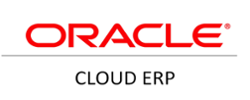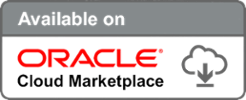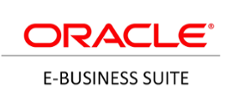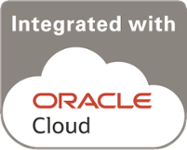When undertaking your review of your Accounts Payable and Invoice Automation processes here are some familiar scenarios we recommend you consider:
 Most people would likely agree that an organisation's approach is irrational, except for one insider defending tradition or uniqueness.
Most people would likely agree that an organisation's approach is irrational, except for one insider defending tradition or uniqueness.
 These scenarios may amuse you as they mirror your organization's habits, but realistically, you're not unique unless you're a top-secret government entity.
These scenarios may amuse you as they mirror your organization's habits, but realistically, you're not unique unless you're a top-secret government entity.
 Organisations often encounter similar challenges and can benefit from exploring alternative methods. Change is possible and often advisable, but ultimately, it's a personal decision.
Organisations often encounter similar challenges and can benefit from exploring alternative methods. Change is possible and often advisable, but ultimately, it's a personal decision.
 Resistance to change is common, as people often think it's difficult, but maintaining outdated methods can be more problematic.
Resistance to change is common, as people often think it's difficult, but maintaining outdated methods can be more problematic.
 Departments, like property or facilities management, often claim their processes are unique, but in reality, they share common elements like suppliers, invoice numbers, PO numbers, descriptions, and amounts.
Departments, like property or facilities management, often claim their processes are unique, but in reality, they share common elements like suppliers, invoice numbers, PO numbers, descriptions, and amounts.


















